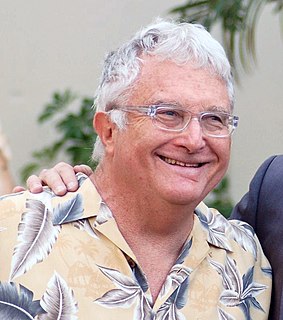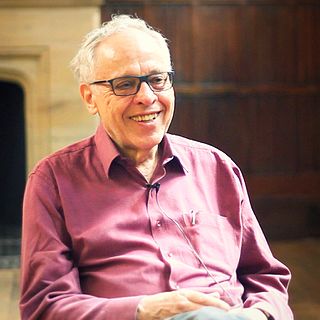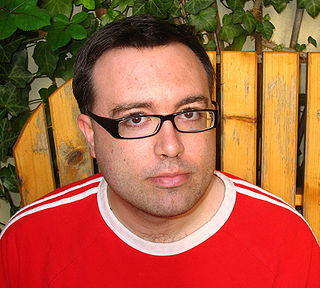A Quote by Alan Guth
I'm a cosmologist. All I do is cosmology.
Quote Topics
Related Quotes
Certainly neo-Platonism, Plotinus and Porphyry and that school are psychedelic philosophers. Their idea of an ascending hierarchy of more and more rarefied states is a sophisticated presentation of the shamanic cosmology, which is the cosmology that one experientially discovers when they involve themselves with psychedelics.
I'm not an historian but I'll venture an opinion: Modern cosmology really began with Darwin and Wallace. Unlike anyone before them, they provided explanations of our existence that completely rejected supernatural agents... Darwin and Wallace set a standard not only for the life sciences but for cosmology as well.
Big bang cosmology is probably as widely believed as has been any theory of the universe in the history of Western civilization. It rests, however, on many untested, and in some cases untestable, assumptions. Indeed, big bang cosmology has become a bandwagon of thought that reflects faith as much as objective truth.
Ironically, members on both sides of the debate do agree about one thing: big bang cosmology puts their position in jeopardy. The big bang poses a problem for young-earth creationists because it makes the universe billions of years old rather than thousands. Such an assertion undercuts their system at its foundation. Big bang cosmology also presents a problem for atheistic scientists because it points directly to the existence of a transcendent Creator - a fact they dare not concede.
































